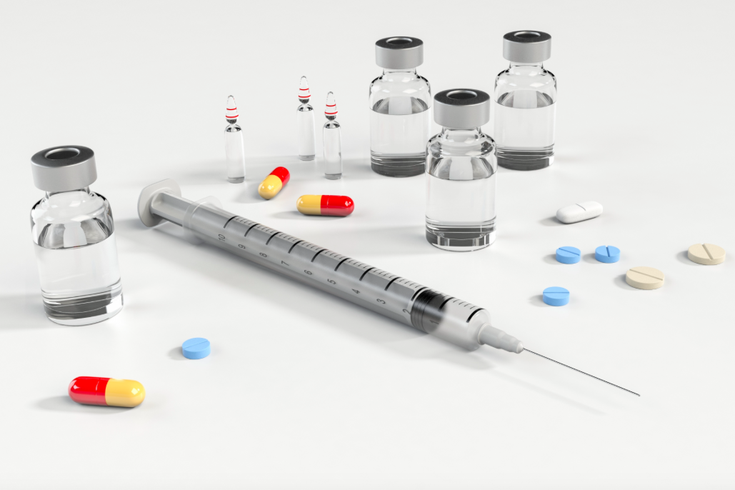
January 10, 2018
 Contributed image/Pixabay
Contributed image/Pixabay
A district judge ruled Wednesday that nonprofit organization Safehouse's proposed safe injection site in Philadelphia, which would be the first in the U.S., does not violate federal laws.
Pennsylvania Gov. Tom Wolf has declared a statewide disaster emergency for the deepening heroin and opioid epidemic, joining eight other states that have taken similar steps in recent years.
In a press conference Wednesday, Wolf noted that Pennsylvania currently has the fourth highest overdose rate in the country, an untenable situation that will require more aggressive policy measures.
“While we have made progress in combatting the heroin and opioid abuse crisis and drastically expanded Pennsylvania’s response, we are still losing far too many Pennsylvanians,” Wolf said. “I am taking this step to protect Pennsylvanians from this looming public health crisis, and I am using every tool at my disposal to get those suffering from substance use disorders into treatment, save more lives, and improve response coordination.”
Pennsylvania saw a 43 percent increase in drug overdose deaths between 2015-2016, including more than 4,600 deaths attributed to heroin or opioid abuse in 2016. That number climbed above 5,600 in 2017.
"Those who we have lost are not just numbers," Wolf said, adding that both urban and rural communities in Pennsylvania have been decimated by the crisis.
The disaster emergency declaration, generally reserved for major weather events, will span nine different agencies and will be subject to periodic review to evaluate the success of new policy initiatives. Pennsylvania officials will now be able to temporarily override rules and regulations believed to hamper efforts to address the opioid and heroin epidemic.
EMS providers, for example, will now be able to leave behind the overdose antidote naloxone with those treated or surrounding the scene of an overdose. The face-to-face requirement for physicians to intake patients into narcotics treatment programs will also be waived and relicensing for high-performing programs will be pushed back from one to two years, among other policy changes Wolf outlined in his press briefing.
Philadelphia Mayor Jim Kenney praised Wolf's decision to declare a disaster emergency.
"I commend Governor Wolf for taking this bold step," Kenney said. "His announcement makes clear that this epidemic threatens the Commonwealth as much as any natural disaster. The crisis is particularly acute in Philadelphia: when the final tally is complete, the number of fatal drug overdoses in the city last year may reach 1,200 – a one-third increase over 2016. I look forward to working with the Governor in the coming weeks and months, along with our partners in the state legislature, to mobilize the resources and additional tools needed to address the scourge of opioids. We cannot afford to wait."
The state's declaration comes after two-and-half years of initiatives led by the Wolf administration to reform opioid prescribing guidelines, fund statewide Centers of Excellence for substance abuse resources, expand Medicaid to cover addiction treatment and improve Pennsylvania's prescription drug monitoring program.
“I routinely challenge all commonwealth agencies to think innovatively about how they continue to address the opioid epidemic and seek solutions that last long beyond our tenure in this building,” Wolf said.